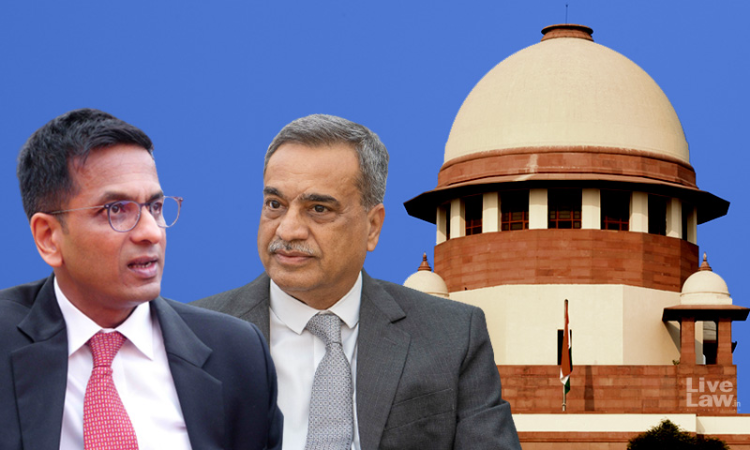The Supreme Court on Friday expressed the opinion that corruption matters must be dealt with strictly and the convicted public servants need not necessarily be awarded simple imprisonment, particularly because the Prevention of Corruption Act, 1988 does not specify this description.The bench of Justices D. Y. Chandrachud and M. R. Shah was hearing an SLP against a September, 2020 decision of...

